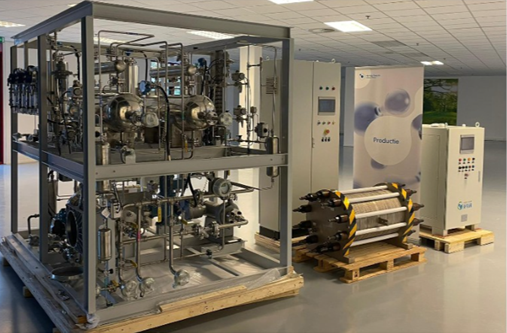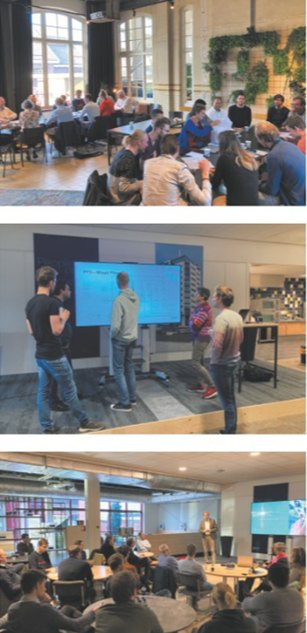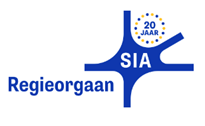

project information
Full title: | A challenged-based learning community for hydrogen development and application |
Funding/Programme | NOW-SIA RAAK SME
|
Duration | 2022-2024 |
Partners | H2Hub, HyMatters Operations BV, Boessenkool, Jotem, Powerspex, Schröder Energy Technology, Demcon Energy Systems BV, VDL Energy Systems BV, KIWA, Waterschap Vechtstromen, Cogas, Kiemt, Arnhem and Nijmegen University of Applied Sciences, ROC van Twente, Saxion |
project description
In the energy transition, two significant challenges arise: ensuring the availability of sustainable hydrogen as an alternative to fossil fuels and managing the increasing demand for and supply of electricity to prevent grid congestion. Decentralized production, storage, and application of hydrogen offer promising solutions to address both challenges. However, realizing this potential requires innovation and knowledge development. In the context of the RAAK SME project, companies and knowledge institutions, in collaboration with the hydrogen innovation center H2 Hub Twente, aim to develop expertise for the implementation of decentralized electrolysis systems. While these companies are actively working on offering system solutions for the decentralized electrolysis market, they still require further expertise in this domain. The primary objective of the project is to bridge the gap between theoretical insights and expertise on sub-aspects and the practical realization of well-functioning systems, along with identifying opportunities for improvements and innovations. To achieve this, the project focuses on the development and construction of a prototype electrolysis system integrated with the sustainable energy supply of H2 Hub Twente.
The development of electrolysis systems, as well as applications of hydrogen, necessitates expertise across all levels of education, which is currently in short supply. Given the increasing demand for this expertise due to the energy transition, the knowledge institutions involved are leveraging the project to enhance expertise within their research groups through practice-oriented research. Structured learning processes are vital to ensure continued education for students and company employees.
The outcomes of the project will be shared within the network and through various platforms such as meetings of the energy top sector and the LEVE lecturers' platform. The overarching impact of the project lies in building expertise for the realization of decentralized hydrogen systems, thereby stimulating regional business development and facilitating the energy transition.

